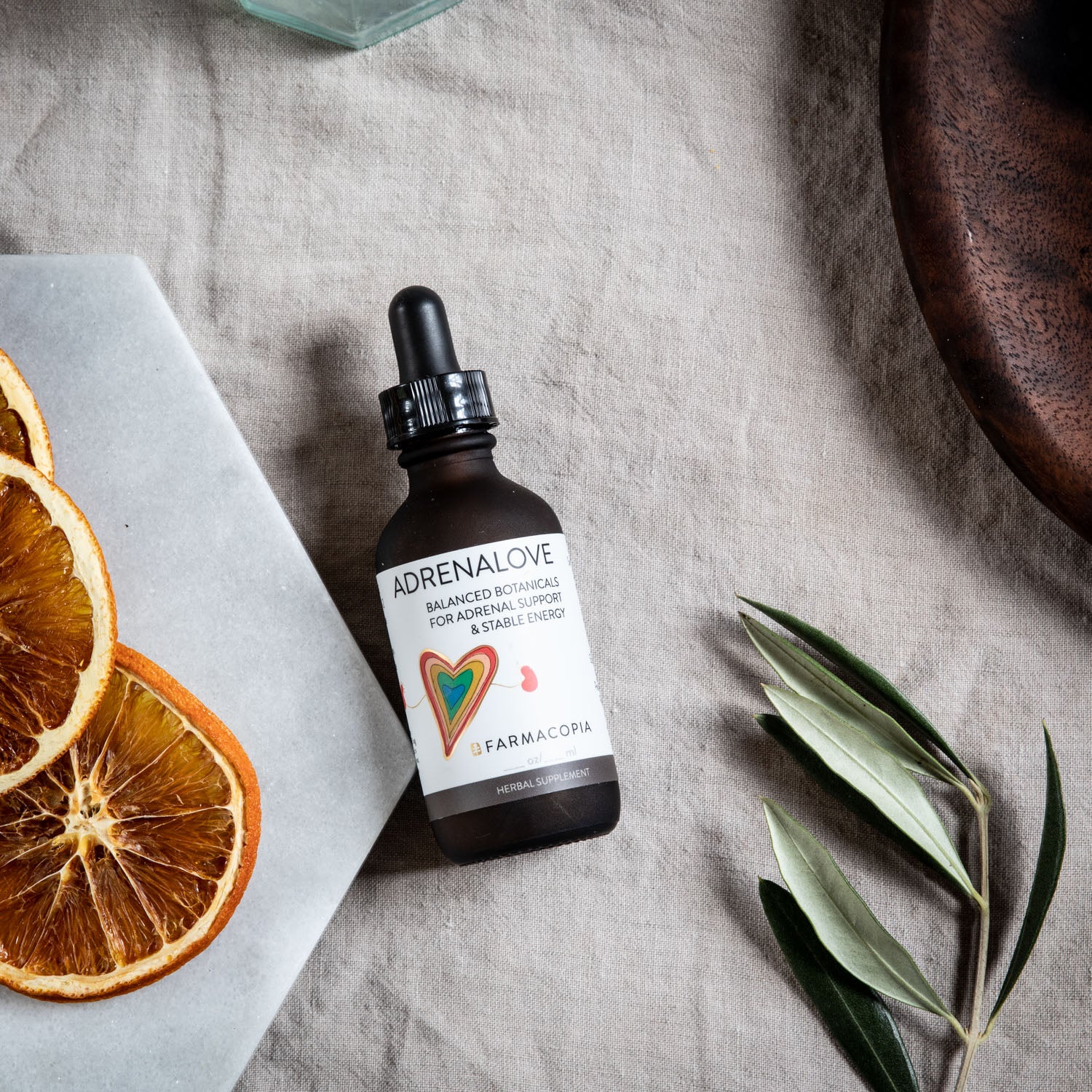 Author: Lily Mazzarella
Author: Lily MazzarellaCollagen is a crucial protein that acts as the body's natural scaffolding, providing structure and support to our skin, bones, blood vessels, and other connective tissues. The human body has 28 different types of collagen, each with its unique role. Types I and III are essential for maintaining healthy, resilient skin, while Types II and IX are vital for keeping joints flexible and cushioned. Remember the old saying, “you are what you eat”? This rings especially true for collagen. The health and appearance of our skin and other connective tissues depend largely on our nutrition.
Do an inventory of your collagen health:
How well are you holding together? Here are some signs that you may need collagen support:
- Slow wound healing
- Wrinkles/fine lines
- Skin sagging/not bouncing back
- Osteopenia/osteoporosis
- Spider veins, or burst capillaries
- Painful/stiff joints
- Reduced flexibility
- Brittle nails and hair
- Increased appearance of cellulite (this is unrelated to body weight)
The great thing about eating for collagen health is that it helps the rest of you, too–your gut, your mood, your brain and your heart. Because a collagen-protecting diet is an anti-inflammatory diet filled with healthy proteins, fats and plant compounds.
To support collagen synthesis and maintenance, several key nutrients are essential:
- Protein and Amino Acids: Collagen is made of amino acids like glycine, proline, and hydroxyproline. Adequate protein intake is vital for providing these building blocks. Everyone’s protein requirements differ according to age, activity level and special cases like pregnancy and surgery healing, but approximately .75g of protein per pound of body weight is a good place to start.
- Sources: Lean meat, poultry, fish, eggs, dairy, soy, legumes, nuts, seeds, bone broth.
- Vitamin C: Crucial for the hydroxylation of proline and lysine, which stabilizes collagen's triple-helix structure (a structure essential for its proper functioning).
- Sources: Citrus fruits, strawberries, kiwi, bell peppers, broccoli, guava, tomatoes.
- Copper: Necessary for the cross-linking of collagen fibers, enhancing their strength and flexibility.
- Sources: Shellfish, nuts, seeds, whole grains, dark leafy greens.
- Zinc: Involved in collagen synthesis and helps prevent its breakdown.
- Sources: Meat, shellfish, legumes, seeds, nuts, whole grains.
- Sulfur: Important for forming disulfide bonds in collagen, contributing to its structural integrity.
- Sources: Garlic, onions, cruciferous vegetables (broccoli, cabbage), eggs, meat.
- Omega-3 Fatty and other Fatty Acids: Help reduce inflammation, lends flexibility and health to cell membranes.
- Sources: Fatty fish (salmon, mackerel), flaxseeds, chia seeds, walnuts, avocados, grass-fed dairy.
- Anthocyanins: Plant pigment antioxidants that protect collagen from oxidative stress and support its synthesis.
- Sources: Berries (bilberry, blueberries, raspberries, blackberries), cherries, purple sweet potatoes, red onions, red cabbage, pomegranates.
- Polyphenols/Flavonoids: Ubiquitous plant compounds that have antioxidant properties, help reduce inflammation and allergic inflammation, and help improve absorption and utilization of Vitamin C. They also contribute to the regulation of cellular activity and the elimination of free radicals.
- Sources: Green tea, apples, onions, leafy greens, herbs such as parsley, sage, and cilantro, cacao, spices like turmeric and cinnamon.
Additional Considerations
- Hydrate!: Adequate water intake is crucial for maintaining skin hydration and elasticity, and the fluid in our joints, indirectly supporting collagen health.
- Avoid Collagen Enemies: Limit exposure to substances that degrade collagen, such as excessive sugar (promotes glycation, wherein sugars attach to proteins, rendering them ineffective), smoking (reduces blood supply to the skin and joints, and decreases collagen synthesis), excessive alcohol, and UV radiation.

